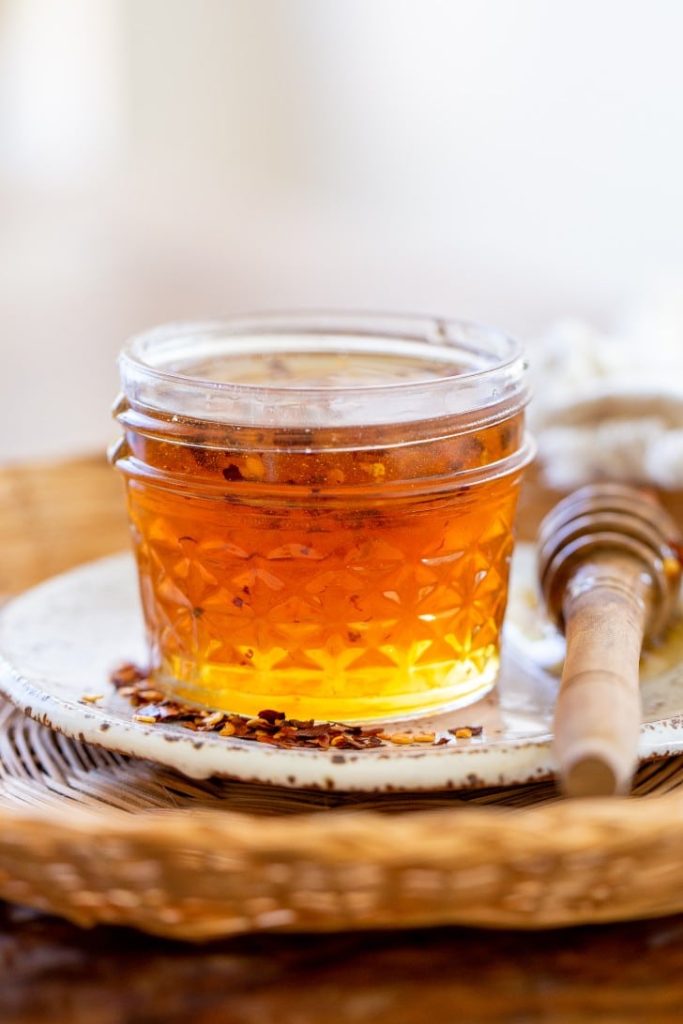Whether you’re a singer, teacher, actor, public speaker, or podcaster, your voice is one of your most valuable tools. Maintaining vocal health isn’t just about warming up before a performance—it’s a daily commitment to hydration, nutrition, rest, and technique.
In this post, we’ll cover the dos and don’ts of vocal care, including which foods and drinks support your voice—and which ones you should skip. Let’s protect those pipes!
✅ What You Should Do for Good Vocal Health

1. Hydrate—A Lot
Your vocal cords function best when they’re well-lubricated. Aim for 8–10 glasses of water daily, and sip warm (not hot) herbal teas if you’re prepping to sing or speak.
💡 Pro tip: Steam inhalation or a personal steamer is a great way to directly hydrate the vocal folds.
2. Warm Up Before Use
Just like an athlete stretches before a workout, your voice needs a warm-up:
- Lip trills
- Gentle sirens
- Humming scales
These simple exercises reduce strain and prepare your voice for longer use.
3. Rest Your Voice
Vocal fatigue is real. Take regular breaks during speaking or singing sessions, and incorporate periods of complete vocal rest—especially after long performances.
4. Use Proper Technique
Whether you’re projecting on stage or giving a Zoom presentation, posture and breath support are essential. Train with a vocal coach or speech therapist to develop proper technique.
5. Get Enough Sleep
Fatigue leads to poor vocal support and weakens your overall performance. Aim for at least 7–9 hours per night.
❌ What You Shouldn’t Do
1. Avoid Shouting and Whispering
Shouting and whispering both put unnecessary strain on your vocal cords. If you’re in a loud environment, use a microphone instead of pushing your voice.
2. Don’t Clear Your Throat Frequently
It’s tempting, but this habit can cause irritation and inflammation. Try swallowing, sipping water, or doing a gentle hum instead.
3. Say No to Smoking (Including Vaping)
Tobacco and vaping dry out and irritate the vocal cords. Long-term use can cause permanent damage.
4. Don’t Talk Over Illness
If you’re sick or hoarse, rest your voice. Pushing through can lead to nodules or long-term vocal injury.
🥗 Foods and Drinks for Vocal Health
✅ Best Foods and Drinks
- Room-temperature water – Hydrates the vocal folds without shocking them.
- Honey – Naturally soothing and antimicrobial.
- Steamed vegetables – Easy to digest and non-acidic.
- Oatmeal and whole grains – Great for overall energy and vocal stamina.
- Apples – High in natural pectin and fiber; they can help cleanse the mouth and throat.
- Ginger tea – Anti-inflammatory and soothing.
🫖 Bonus Tip: Slippery elm and licorice root tea are beloved by vocalists for coating the throat.

❌ Foods and Drinks to Avoid
- Caffeine & alcohol – Both dehydrate the body and the vocal cords.
- Dairy products – Can increase mucus production and lead to throat clearing.
- Spicy foods – May trigger acid reflux, which irritates the voice.
- Fried or greasy food – Slows digestion and can cause bloating, impacting breath support.
- Very cold beverages – Can tighten vocal folds and reduce flexibility.
🎶 Conclusion: Take Your Vocal Health Seriously
Your voice is a powerful instrument—and like any instrument, it needs care, rest, and regular maintenance. Incorporating these vocal health tips into your lifestyle can prevent strain, preserve your vocal longevity, and help you sound your best every day.
Whether you’re prepping for a performance, hosting a podcast, or leading a classroom, following these guidelines can make all the difference.
🔁 Share This Post
Know someone who uses their voice professionally? Share this guide and help them protect their vocal health too!
💬 Comments
Do you have a favorite vocal warm-up or remedy? Share your tips below—your voice could help someone else save theirs!




